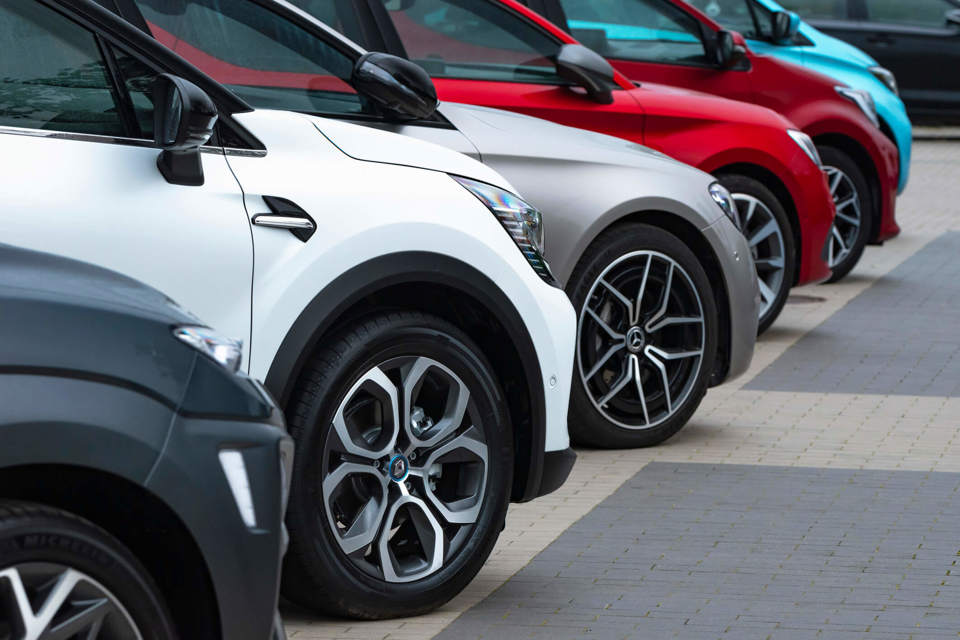With Labour launching its manifesto with a range of proposals affecting fleets, the Association of Fleet Professionals (AFP) is calling for more detail.
Labour has vowed to reintroduce the ban on the sale of new internal combustion engine (ICE) cars from 2030, but makes no mention of whether that will also apply to vans.
In addition, it says it wants to support the transition to electric vehicles (EVs) by accelerating the roll out of charge points, and support buyers of second-hand electric cars by standardising the information supplied on the condition of batteries.
Paul Hollick, APF chair, said: “Unless the polling industry is in the process of making perhaps the biggest error in its history, it looks very much as though Labour will form the next government with a majority, so this manifesto is of very real interest to fleets.
“The key ideas that it contains are fine in principle but much more detail is needed on the proposals.”
The 2030 deadline is now of limited importance compared to the Zero Emission Vehicle (ZEV) Mandate, which is really the main control mechanism affecting EV sales in the UK, argues Hollick.
However, he says it would be useful to know whether Labour intends to keep the same rate of adoption as currently stipulated.
“Accelerating the roll-out of EV charge points would be welcome,” he added. “There is no news in the manifesto document on how this would be done or what kind of targets would be adopted, although Labour has previously talked about removing planning restrictions and providing better guidance to councils, and these measures could have an effect.
“Especially, there needs to be much greater emphasis on getting chargers in the right places.”
The AFP also supports a Government-standardised battery health check, which would provide a high degree of reassurance for used EV buyers.
However, Hollick said: “We also believe that this is an area that almost certainly needs a degree of financial support, such as through used EV grants or low-cost loans.
“How likely we are to see those moves from a Labour Party that continually stresses the need for financial control is open to question, however.”
A manifesto commitment to repair an additional one million potholes was also welcomed, as was a promise to retain a full expensing system for capital investment.
However, uncertainty over fuel duty would be a worry for some fleets. Shadow chancellor Rachel Reeves earlier this week refused to rule out future increases, although there was no mention in the manifesto document.
“We’ve now had more than a decade of fuel duty freezes, so fleets have very much become accustomed to taxation at the current rate,” continued Hollick.
“At a point in time when company transport budgets are very much under pressure, any increase will be very much unwelcome.”
He added that the AFP had recently published its Tax & Regulation Manifesto 2024 and urged the potential new Government to examine the ideas it contained as soon as possible.
“There are relatively simple measures that could be carried out by any new Labour Government – such as sorting out the ongoing confusion affecting 4.25 tonne electric vans and producing company car benefit-in-kind taxation tables up to 2030 – that could be done easy and quickly, and would win friends in fleet.
“We have already spoken to some members of the shadow cabinet in recent months and would hope to intensify this dialogue if the expected election result materialises.”





















Login to comment
Comments
No comments have been made yet.